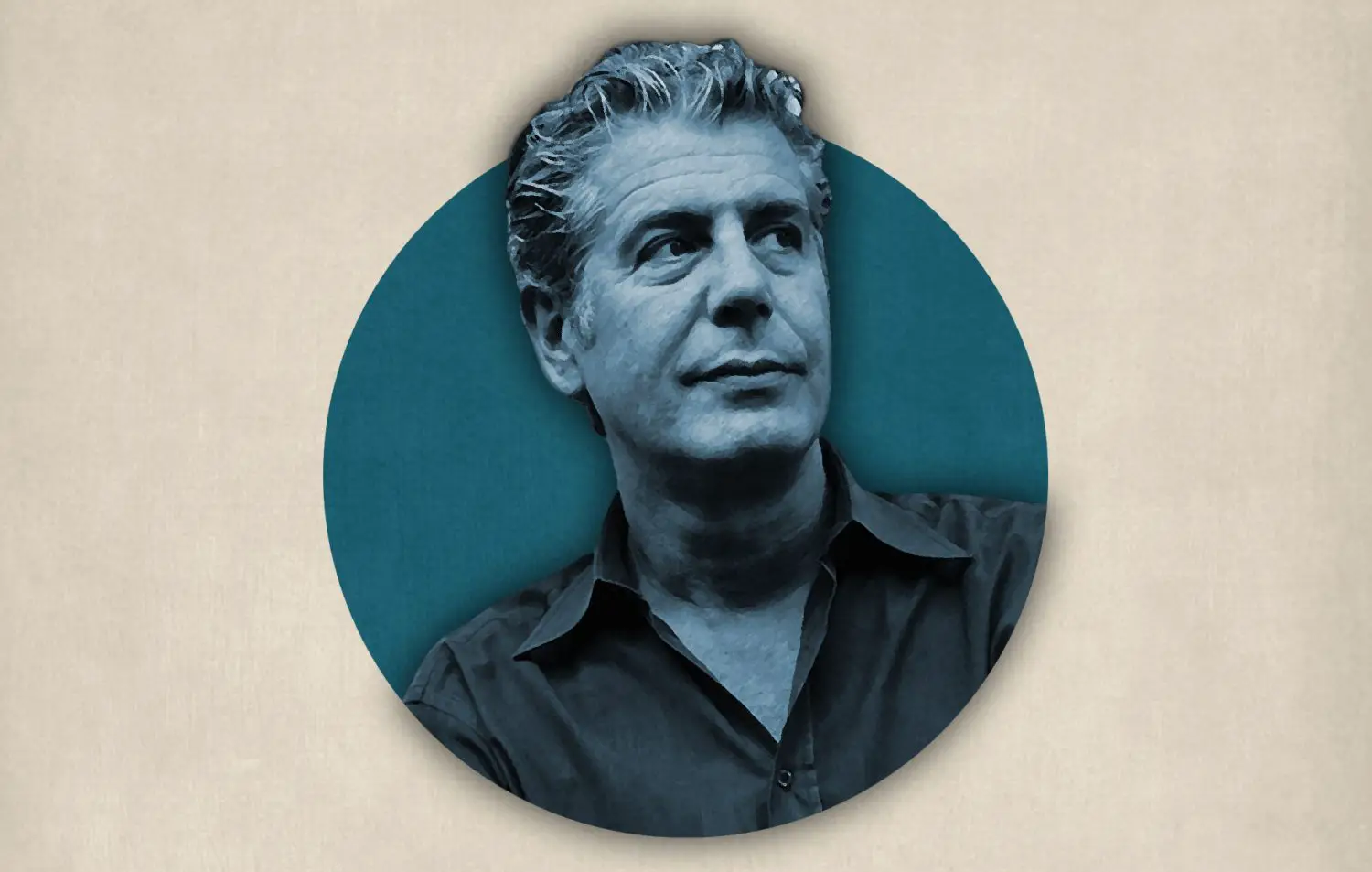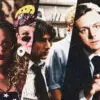If anything is good for pounding humility into you permanently, it’s the restaurant business.
– Anthony Bourdain
The date was June 8, 2018, and I was in Paris working on an article when word came through that Anthony Bourdain had hung himself in a little village outside of Strasbourg, less than a six hour drive away.
I took the news surprisingly hard—surprising because I wasn’t all that knowledgeable when it came to his work. While I had seen several episodes of his various shows, I had never read his books and certainly wouldn’t go so far as saying I was a fan. My mother—who watched his show with a dedication that bordered on religious—was a true fan. I’d given her a copy of his cookbook the previous Christmas.
For me, Anthony Bourdain wasn’t a celebrity, but more of an elder statesman of a cosmopolitan tribe made up by my fellow travel and culture journalists. It later struck me that my sorrow at his passing was not so much drawn out by an appreciation for his work, but because in him I recognized a kindred spirit.
It later struck me that my sorrow at his passing was not so much drawn out by an appreciation for his work, but because in him I recognized a kindred spirit.
Like myself, Bourdain had grown up as a young punk rocker with something of a death wish, which he expressed through his copious consumption of drugs. And like me, before he went into writing he spent years working in various kitchens. From there he began living and reporting on a global life filled with food, drink, and interesting characters, which, again, is a lifestyle with which I am all too familiar.
You might have noticed that the words “me” and “I” have appeared numerous times, which might seem a little off topic, if not downright narcissistic. But I believe that it speaks to my point—Anthony Bourdain was much loved because we saw ourselves in him.
In his heroism we recognized our own.

Kitchen Confidential
I remember when Bourdain’s first book Kitchen Confidential swept through the restaurant where I was working back in the early 2000s. My co-kitcheneers appreciated it not only because of its no-holds-barred portrayal of life on the prep line, but because for the first time someone had made working some menial service industry job seem cool.
Prep cooks and bussers were suddenly ascended to superhero status, valiantly waging a brutal, disgusting war to keep hungry mouths fed. It was a level of recognition that the working class was unused to receiving.
Finally, here was someone saying I see you, and your efforts deserve respect.
No Reservations
Anthony Bourdain was a superstar by the time he was deep into his show No Reservations, but his super-stardom was unlike anything most of us had ever seen.
Over the years he was joined by A-list celebrities and important personages of every variety, but no matter how famous the guest or fancy the food, Bourdain always offered an authenticity that was hard not to admire. “No reservations” wasn’t just the title of a show, but a quadruple entendre with multiple meanings, one of which involved the fact that he had no reservations about being his somewhat rough self and saying exactly what was on his mind.
“No reservations” wasn’t just the title of a show, but a quadruple entendre with multiple meanings…
In a world of highly-polished celebrities, this sort of frankness was refreshing. Bourdain was a punk rocker in the truest sense of the word. He would say and do whatever felt genuine, authority and decorum be damned.
He seemed like how any one of us would be were we thrust into the world of high society. And it seemed like there would be no discrepancy between the person we saw on TV and the person we would share a meal with had he stepped through the screen and into our own dining rooms.
In other words, he came off like a real dude, and these days real dudes are hard to come by—at least on television.
Drugs
You wouldn’t expect someone who interviewed the President of the United States to talk openly and often about their history with drug addiction, but Anthony Bourdain did.
Like many of us, Bourdain had a long history with druggy-demons, and having overcome them he was more than willing to share what many of us would prefer to keep secret. And again, that’s another aspect of him that made him so genuinely human.
This is especially true these days. When Bourdain started his career, the national opioid epidemic was flying under the radar. But by the time of his death, pretty much all of us had come to realize that we knew someone who had been snared by it.
When Anthony Bourdain discussed drugs, it was neither to glorify nor shame. It was a matter of fact confrontation of a very real aspect of modern living, and his example proved that addiction was a monster faced by even the best of us.
Depression
As his tragic end showed, Bourdain’s example also proved that depression is a beast that is all too brutal, and that anyone—whether they’re a line cook or an international celebrity chef—can be afflicted by it.
And perhaps that’s why his death hit so many of us so hard. Bourdain seemed like some normal guy who had somehow stumbled into the life that we all wanted. If all the travel and food and famous friendships aren’t enough to make a person happy, what is?
I don’t have an answer to that. What I can say is that it’s up to us to live by the finer elements of his example.
With the passing of Anthony Bourdain, it became our responsibility to explore the world, eat, drink, and share it with one another.
When Bowie and Prince died, it became our turn to make the music. When Robin Williams died—another victim of depression—it became our job to make people laugh. With the passing of Anthony Bourdain, it became our responsibility to explore the world, eat, drink, and share it with one another.
I had a date the night Bourdain died, and we decided that we would eat it up proper in his honor.
We started with dinner at la Cloiserie des Lilas—once patronized by the likes of Hemingway, Fitzgerald, Joyce, et al.—where I had an extraordinary salmon doré with a fricasseeof chanterelles. From there we went to la Rotonde (another literary haunt that was frequented by the aforementioned names, as well as Henry Miller, Anais Nin, Gertrude Stein, and others), where I had several negronis. We finished the evening with a bottle of wine along the Seine.
It was, I suspect, a celebration that Bourdain would have found fitting, though I bet he would have been just as satisfied with cheap beer and a three-dollar doner kebab. For while he enjoyed fine food, he was no snob—a worthy epitaph.





